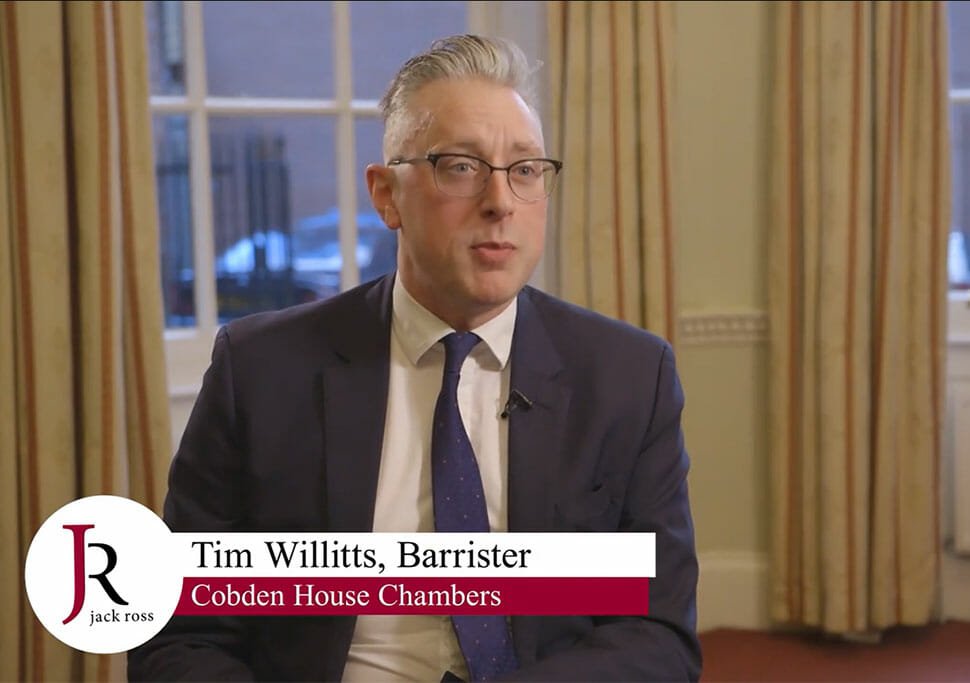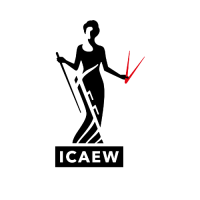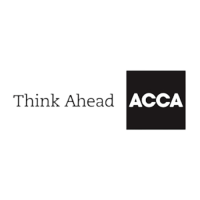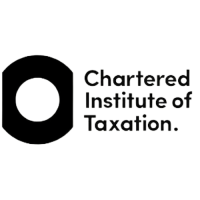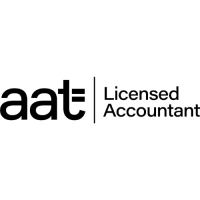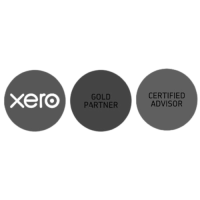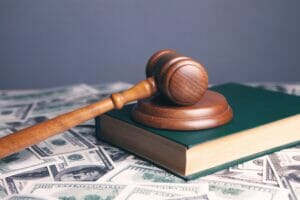
Many barristers would like to be able to take up a full-time appointment as a judge or coroner. But, many have concerns as to whether or not they can afford to do so. On this page we will explore if you can afford to become a judge.
We have helped many barristers to make the decision. In recent years there has been stiff competition for the public appointments.
Professional life as a barrister does put a significant strain on family life. The notion of a regular monthly salary and fixed working hours looks increasingly tempting.
The financial obstacles are often that a barrister may well find that they will earn less as a judge. That of itself may be acceptable but what about the liabilities associated with cessation of your practice.
Often the timing of an appointment is not at the barristers’ discretion. Whilst you are allowed to discuss a proposed appointment with your clerk you may not be in a position to take on new work in the knowledge that you will be leaving chambers in a few months. You may find that you will need to fund chambers expenses since you are required to take up your new appointment before the expiry of your chambers notice period.
Furthermore, you are also allowed to discuss a proposed appointment with your accountant in confidence. You will need to seek advice on the following topics. In addition, you will need to pay for professional indemnity insurance run off cover.
What are your liabilities to chambers?
If you have an accounting year end that does not fall on 31st March you may have a significant additional income tax liability since you will be taxed in one year on up to 23 months earnings. You will get credit for the overlap of your earnings that was created when you started your practice. But this is likely to be minimal since your income will have risen substantially over the years.

If you are being taxed on your debtors, then you will have the benefit of receiving the cash tax free. This will be once your outstanding fees are paid. Remember you will still need to pay chambers expenses as and when your fees are received.
If your accounts are prepared on a cash basis or if you have outstanding conditional fee cases you will need to declare your post cessation receipts to HMRC on your self-assessment tax returns and pay any additional income tax due. We understand the need to keep records of post cessation income. We are able to track your outstanding debtors which may take a number of years to receive payment.
You will need to de-register for VAT but will still need to account to HMRC for the VAT you continue to receive post cessation. HMRC have a special VAT scheme for barristers to account for this liability and at Jack Ross we are experienced in ensuring you register and file these returns.
So, can you afford to become a judge? Having read about the pitfalls you must agree that you need to seek advice before you accept an appointment. We can ensure that you are aware of your obligations and help you plan your cashflow.
200+ barristers · 75 years · Manchester to London
